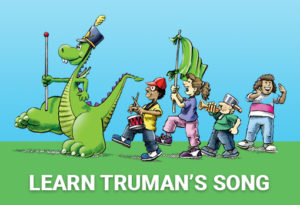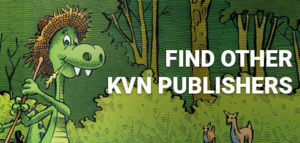Domesticated Animals
The Fertile Crescent is an area in Southwest Asia. It includes parts of Iraq, Syria, Lebanon, Cyprus, Jordan, Israel, the state of Palestine, Egypt, Turkey and Iran. This part of the world is known for its hot and dry climate, which makes it difficult for anything to live or grow. However, the Fertile Crescent surrounds the Nile River, the Euphrates River and the Tigris River. The rivers made this land fertile and more able to support life. Animals and people have lived here for thousands of years, despite the harsh climate. The people who first lived here, in what was called Mesopotamia, changed the relationship between people and animals through domestication.
• Domestication is when people take wild animals and make them tame.
• This is done through breeding the animals and having the animals interact with humans.
• It takes many years for an animal to be domesticated.
• Domesticated animals become dependent on humans and can’t live in the wild.
• These animals usually serve as pets or work animals.
• Sheep, goats and pigs were domesticated by 7000 B.C.E.
• Cows, donkeys and oxen were domesticated later.
• These animals were important to the survival of humans in Mesopotamia.
• They helped provide food and resources and worked on the farms.
• Plants can also be domesticated.
• When something is domesticated, it becomes different from its wild relatives — like the differences between wild wolves and domesticated dogs.
Domesticating plants and animals was an important step for people. With animals like oxen and donkeys helping to do work on the farms, people could grow more food. When the farms produced more food than everyone needed, not everyone had to spend their time farming. Some people could farm, and others could do different kinds of work like building, baking or trading. This was the beginning of society and the cities that we know and live in today.
For more information visit the following sites: http://www.teenink.com/nonfiction/academic/article/365903/Animals-In-Ancient-Mesopotamian-Life/
https://www.nationalgeographic.org/encyclopedia/domestication/
https://sites.google.com/site/1ancientcivilizationsforkids/ancient-iraq-mesopotamia





